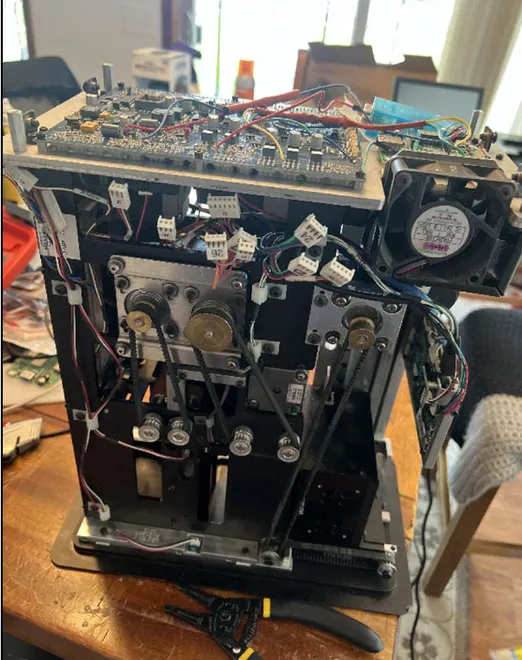 By Farah Stockman
Boston Globe
By Farah Stockman
Boston Globe
Here’s a quiz: Which crime is more likely to get you shot to death?
A) Scaling the fence outside the White House, with a knife;
B) Jaywalking in Ferguson, Mo., unarmed.
The answer, of course, is B, at least if you’re a black man. And it’s not just in Ferguson. In South Carolina, a state trooper pulled over 35-year-old Levar Jones for a seat belt violation, but shot himas he reached for his license. (Jones survived.) In Ohio, police killed 22-year-old John Crawford III in Wal-mart for carrying a pellet gun he had picked up off the store’s shelf. In Utah, police questioned 22-year-old Darrien Hunt outside a shopping mall because he was carrying a replica of a samurai sword. Moments later, they shot him to death, in the back. And that’s just in the past eight weeks.
It’s worth mentioning that these incidents all took place in small cities with almost no violent crime. Saratoga Springs, Utah, for instance, hasn’t seen a murder since 2010. Ferguson averages a little over one homicide a year. So why are police in those places so skittish? So quick to use deadly force? By the same token, why is the Secret Service so reluctant to do so?
According to Samuel Walker, professor emeritus of criminal justice at the University of Nebraska at Omaha, the answer lies in the way law enforcement agents are trained to interact with the public. Too often, instead of deescalating conflict, police do just the opposite.
“Officers traditionally respond to disrespect or perceived challenges to their authority by stepping up their use of force,” he said. “It’s called ‘contempt of cop.’ Here in Omaha, if you are stopped by the police, you don’t ask a question. It will escalate up to where you are out of the car and under arrest.”
That’s how an officer trying to give jaywalking citations in Seattle ended up breaking a guy’s nose. The pedestrian didn’t feel he had done anything wrong, and refused to stop. The officer got physical. The Department of Justice investigated, and found a pattern of low-level offenses turning into excessive use of force in Seattle. Racial distrust can make that dynamic even worse.
To read more click here.
Other Stories of Interest
- FBI Joins Investigation into anti-Semitc Frat House Graffiti
- High School Bomb Threats Now Under Investigation by FBI
- FBI Trains with Local Police to Train for Active-Shooter
- Federal Investigators Are Searching for Two missing Sisters
- Meet Joe Clancy, the New Interim Secret Service Director





